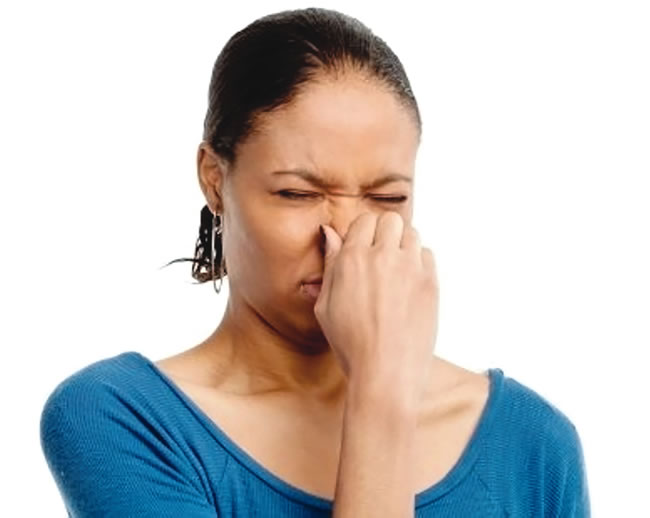Excessive gas farting and bloating can be caused by various factors, including diet, lifestyle, and underlying medical conditions.
Here are some general tips that may help reduce Farting and bloating:
1. Identify and Avoid Trigger Foods
Certain foods can contribute to Farting and bloating. Common culprits include beans, lentils, cruciferous vegetables (broccoli, cabbage, cauliflower), dairy products, carbonated drinks, and artificial sweeteners. Keep a food diary to identify specific triggers and try to minimize their consumption.
2. Eat Slowly and Chew Thoroughly
Eating too quickly can lead to swallowing air, which contributes to bloating. Chew your food thoroughly to aid digestion and reduce the amount of air you swallow.
3. Limit Gas-Producing Beverages
Carbonated drinks and drinks with straws can introduce extra air into your digestive system, leading to increased gas. Opt for still water and limit your intake of carbonated beverages.
4. Manage Portion Sizes
Overeating can put additional stress on your digestive system, leading to bloating. Try to eat smaller, more frequent meals rather than large ones.
5. Avoid Chewing Gum
Chewing gum can cause you to swallow more air, leading to increased gas. If you’re prone to bloating, consider cutting back on gum or avoiding it altogether.
6. Be Mindful of Swallowing Air
Habits like talking while eating or drinking through a straw can cause you to swallow air. Pay attention to these habits and try to minimize them.
MUST READ: President Ruto Salary Per Month In Kenya Shillings
7. Consider Probiotics
Probiotics are beneficial bacteria that can promote a healthy gut environment. They may help regulate digestion and reduce gas. Consult with a healthcare professional before starting any new supplement.
8. Stay Hydrated
Drinking plenty of water can help prevent constipation, which can contribute to bloating. Aim for at least eight 8-ounce glasses of water per day.
9. Exercise Regularly
Regular physical activity can help stimulate digestion and reduce bloating. Aim for at least 30 minutes of moderate exercise most days of the week.
10. Consult a Healthcare Professional
If gas and bloating persist or are accompanied by other symptoms like abdominal pain, diarrhea, or constipation, it’s essential to consult with a healthcare professional. These symptoms could be indicative of an underlying digestive issue that may require medical attention.
Remember that individual responses to dietary and lifestyle changes can vary, so it may take some time to find what works best for you. If you have concerns about your symptoms, it’s always a good idea to seek advice from a healthcare professional.
'Want to send us a story? Submit to NAIROBIminiBLOGGERS via our Email nairobiminiblogger@gmail.com'

Drop Your Comments, What do you think About The Article?